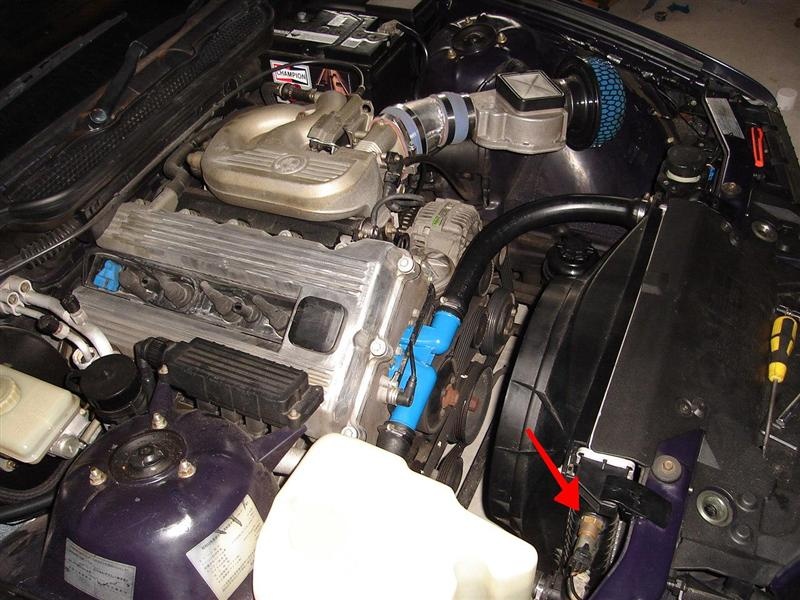BMW 318ti: A Classic Compact with Ageless Allure
Important Factors To Consider for Selecting the Best Engine for Your Needs
In the realm of picking the excellent engine to fulfill your demands, a number of essential variables demand thorough factor to consider to make sure ideal efficiency and efficiency. From the nuanced equilibrium in between power and performance to the often-overlooked elements of maintenance and solution requirements, each facet plays a critical duty in establishing the most appropriate engine for your particular needs.
Power and Efficiency
When evaluating engines for optimum performance, it is critical to prioritize both power output and effectiveness. Power outcome measures the capability of an engine to generate energy, which straight impacts its performance. A high power output is important for requiring jobs such as heavy-duty applications or high-speed requirements. It makes certain that the engine can handle the workload effectively and successfully. Nevertheless, power alone is not adequate; performance plays a substantial duty in establishing the general performance of an engine. Effectiveness refers to just how well the engine converts fuel into usable power. A a lot more reliable engine will supply better mileage, lower exhausts, and minimized operating prices. Striking the right balance in between power result and effectiveness is essential to choosing an engine that meets your specific demands. When making this choice, it is crucial to take into consideration variables such as the meant usage of the engine, ecological impact, and long-term expense implications. By carefully reviewing both power and performance, you can choose an engine that provides optimum performance and fulfills your needs effectively.
Gas Effectiveness and Economic Climate
In the realm of engine option, the factor to consider of fuel performance and economic situation holds vital value. Gas performance describes the engine's ability to convert fuel right into energy with very little waste, directly affecting operating prices and ecological sustainability. bmw 318ti. When choosing an engine, evaluating its gas economic situation is important to figure out lasting financial savings and ecological influence. Engines with greater gas efficiency not only decrease fuel costs however also reduce carbon discharges, adding to a greener operation.

Compatibility and Application
Thinking about the gas effectiveness and economic climate of an engine, the following critical facet to address is its compatibility and application within particular functional contexts. Compatibility refers to just how well the engine integrates with the overall system or tools it powers. It includes factors such as physical measurements, mounting choices, electric interfaces, and control systems. Making certain compatibility is necessary to avoid problems such as getting too hot, vibrations, or power discrepancies (bmw 318ti). look at here
Furthermore, the application of the engine is similarly important. Various engines are designed for certain objectives, whether it be industrial machinery, marine vessels, autos, or power generators. Comprehending the desired application permits the selection of an engine that can provide the necessary power result, torque, and operational attributes. A high-revving engine made for efficiency vehicles visit this page would not be appropriate for durable building and construction equipment that needs high torque at low rates.
Maintenance and Solution Demands
Upkeep and service demands play an essential function in ensuring the durability and optimum efficiency of an engine. Normal upkeep is essential to protect against failures, prolong the life expectancy of the engine, and maintain its efficiency. When selecting an engine, it is necessary to think about the maker's advised upkeep schedule and the schedule of service centers or qualified professionals.
Factors such as the frequency of oil changes, filter replacements, and general assessments can significantly impact the engine's performance. Some engines may need more regular servicing based on their style and use, while others might have longer periods in between upkeep checks. It is crucial to follow these solution demands to avoid costly repair work and unforeseen downtime.
Expense and Budget Plan Considerations
Spending plan restrictions typically play a significant duty in the decision-making process when picking an straight from the source engine for a certain application. When taking into consideration the expense and budget implications of choosing an engine, it is essential to analyze not only the first purchase rate however also the lasting expenses connected with maintenance, gas consumption, and potential upgrades or fixings. It is important to strike a balance between the ahead of time cost of the engine and its general lifecycle costs to make sure that the picked engine remains economically lasting throughout its operational life expectancy.
Factors such as fuel reliability, toughness, and effectiveness can straight impact the total expense of ownership of an engine. While a more pricey engine might have higher upfront prices, it could potentially cause reduced maintenance and gas costs with time, thus providing far better worth over time. Additionally, considering the accessibility and price of extra parts, in addition to the ease of maintenance and solution, can aid avoid unforeseen financial stress in the future. By very carefully assessing these cost and spending plan considerations, you can make an educated decision that aligns with your financial constraints and operational requirements.
Final Thought

Fuel effectiveness refers to the engine's capability to transform gas right into power with very little waste, straight influencing operating prices and environmental sustainability.Variables affecting gas effectiveness consist of engine style, combustion effectiveness, and general performance optimization. Furthermore, picking the appropriate gas kind and grade as suggested by the engine supplier can even more boost performance and prolong engine life expectancy.
Engines with excellent utility features and easily offered components can lower upkeep costs and reduce the time the engine is out of operation - bmw 318ti. It is crucial to strike a balance between the ahead of time cost of the engine and its overall lifecycle costs to guarantee that the selected engine stays monetarily lasting throughout its functional life-span